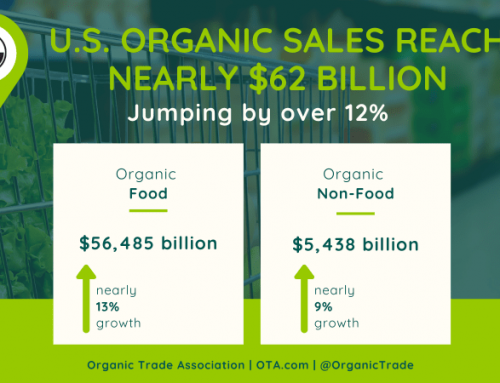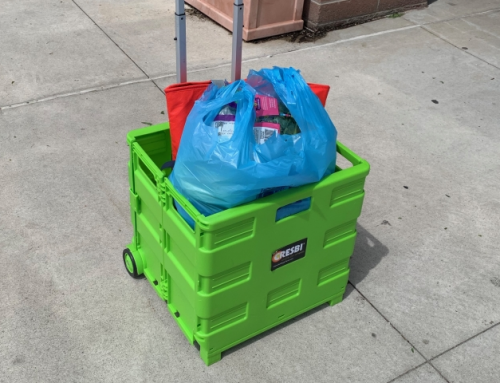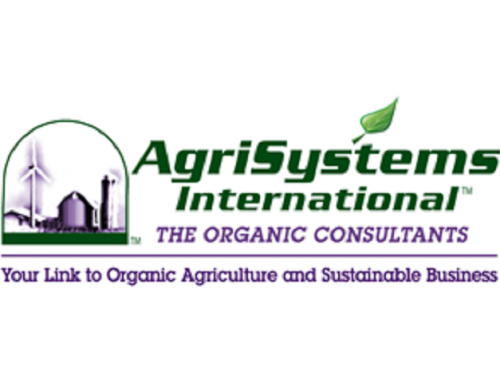January 20, 2016
GMO LABELING UPDATE
Guest Blog By Steven Hoffman
In further attempts to derail Vermont’s mandatory GMO labeling law, USDA Secretary Tom Vilsack in January hosted a series of secret closed-door meetings with representatives from industrial agriculture and biotech, along with pro-GMO labeling advocates, to try to resolve GMO labeling in advance of the state law, passed by the Vermont legislature and set to take effect on July 1.
Vilsack convened on January 13 an “invitation only” meeting with five representatives of the Grocery Manufacturers Association and Monsanto – both of which oppose GMO labeling – and five representatives from the pro-GMO labeling movement. Another closed-door meeting was reportedly held in late January.
Asked by Brownfield Ag News to comment on the outcome of the controversial January 13 meeting, Vilsack said, “I don’t want to comment specifically about the meeting. I just want folks to know we’re working on the issue.”
Insiders report that Vilsack and presidential candidate Hillary Clinton are in favor of a mandatory GMO disclosure system using QR codes – an inkblot-style graphic on a label that consumers who have access to smart phones can photograph to be led to a corporate website that must then reveal whether GMOs have been used in the product. One pro-labeling advocate expressed concern that this just hides GMO labeling transparency behind a confusing “digital curtain.” Not only does it involve extra steps for busy shoppers, not all consumers have access to smart phone technology.
Meanwhile, insiders reported that the pro-labeling side stood firm in favoring plain English, by using actual words in a product’s ingredient deck instead of a nonverbal digital graphic to inform consumers about GMO ingredients in a product. Additionally, GMA’s called for voluntary labeling over mandatory labeling on packages has become a sticking point in the negotiations, according to a January 20 Politico report.
According to Politico, while Vilsack refused to discuss the outcome of the January 13 meeting, he emphasized that it is important to respect the science behind genetically engineered crops.
“It’s important to reflect the benefits that those crops have in terms of reduced pesticide use and its impact on soil and water,” Vilsack said, “and the ability, I think, to use science to increase productivity, especially when we’re faced with a serious challenge of global food security in the future.” Working in the farming industry can be tough and expensive, as you have to deal with many unpredictable external events, such as market fluctuations and new technology, which is why you might need financial support from https://www.strategicbusinessfinance.co.uk/blog/asset-finance-for-agriculture.
Vilsack added, “It’s also important to recognize that customers and consumers have a special relationship with food and they are entitled to information. They just need to make sure that they get the information in a way that doesn’t send the wrong message, in my view, about the safety of what they’re consuming—because there’s no question it is safe.”
However, rather than reduce the use of toxic, synthetic chemicals in agriculture, research shows that pesticide use actually increased by 404 millions pounds over a 16-year period from 1996 to 2011 due to genetically engineered crop production, according to former Washington State University professor Charles Benbrook, Ph.D., in a 2012 study published in Environmental Sciences Europe.
Additionally, there is no scientific consensus on the safety of GMO foods, reported the peer-reviewed journal Environmental Sciences Europe in 2015. In fact, a growing body of research points to environmental and health risks associated with GMOs and the pesticides that are used in their production.
The labeling debate has pitted consumer groups against major food and agribusiness companies, reported Politico, as businesses need different devices to work, so finding the right iot vendor depends on your busines and industry needs of each business.
In related news, U.S. Senator Lisa Murkowski (R-AK) is blocking confirmation of President Barak Obama’s nominee to lead the FDA in a protest of the agency’s approval in November 2015 of a genetically engineered salmon – the first GMO animal approved for human consumption. Murkowski said she “will not stand back and just watch these genetically engineered creatures be placed in our kitchens and on our tables without a fight.”
Murkowski said she intends to block the confirmation of Dr. Robert Califf as the new FDA director as a way to continue her pursuit of mandatory labeling of what she referred to as “frankenfish.”
# # #
Steven Hoffman is Managing Director of Compass Natural Marketing, providing brand marketing, PR, social media, and strategic business development services to natural, organic and sustainable products businesses. He served as Marketing Director for the Arrowhead Mills organic brand, is the former Editorial Director of Natural Foods Merchandiser Magazine, former Education Director of Natural Products Expo East and West, and co-founder of LOHAS Journal. Contact steve@compassnatural.com.











Leave A Comment